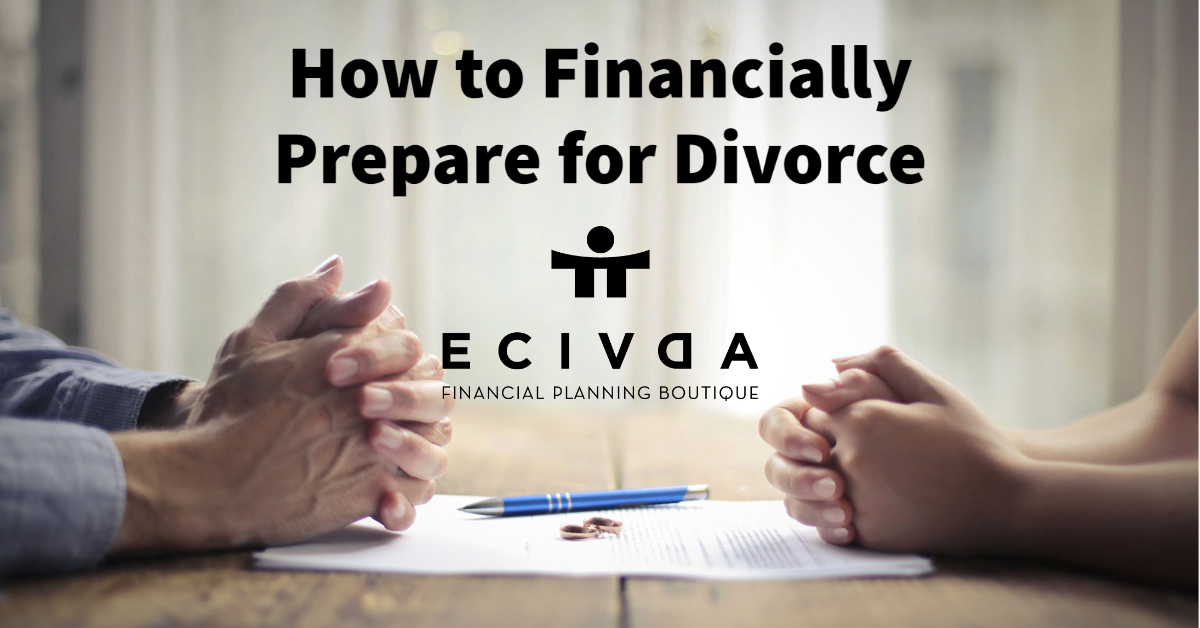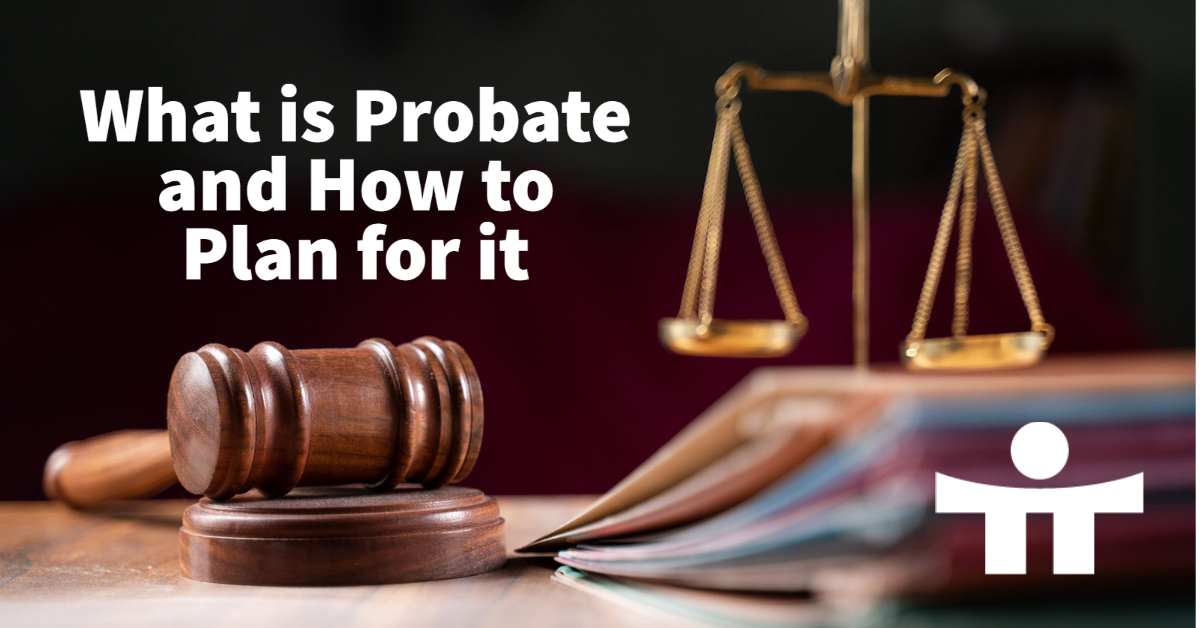There will come a time when you may be incapacitated or leave your loved ones behind. When either of these happens, you do not want to leave your loved ones in limbo about what to do or what will happen to your assets and properties. Proper estate planning is a way of avoiding this. An Estate Plan takes care of your assets and properties when you can no longer do so. All financial and medical decisions are usually contained in an Estate Plan.
Who Should Inherit Your Wealth?
This is a decision you have to make sooner or later in your estate plan. That is why it is always available to update your estate plan every now and then, preferably every 3 to 5 years. The truth of the matter is when it comes to sharing your assets and properties amongst your loved ones, it is almost impossible to make everyone happy with what you bequeath them. The best you can do is make sure everyone you want, gets something, whether or not they are satisfied may be beyond what you can control. You can also make sure your immediate family gets more share than extended family members and friends in that order. You should also try as much as possible to ensure that your children get equal shares of your estate.
However, equal doesn’t always mean fair. A lot of family disputes over inheritance arise due to the fact the testator does not bequeath his or her assets and properties to the children in an equal manner. There will be strife and division amongst your children. It may even disrupt the probate process. Your children may decide to challenge your Will. No one wants animosity among their children when they’re gone. You can seek the advice of an estate lawyer to properly advise you on how to go about it and how to prepare for such happening in your estate plan. Most times it is advisable to sit your children down and explain why you have decided to share your estate unequally among them. Explaining your rationale may help prevent potential strife and animosity. However, if you know the child with the greater share may be bullied, then it is best to keep it to yourself.
How To Legally Donate Your Wealth to A Charity Without It Being Contested by Your Relatives
Donating your wealth to charity is a normal thing done by people. However, it is not without its issues, especially when family members feel entitled to your wealth more than the less privileged. The first step to avoiding this is engaging the services of a lawyer to make your estate inaccessible to your loved ones after your demise. It is your wish, so you have the right to make it, whether it is acceptable to your loved ones is another issue entirely. When your loved ones disagree with your bequest, it affects the probate process as they may decide to challenge it. Challenging your Will means they have to prove that you were not of sound mind when bequeathing your estate to charity. Therefore, you should ensure you follow all legal requirements of estate planning in your province and territory. It is advisable to go the way of using a Trustee to manage and disburse the funds to charity. Using a Trustee restricts the charity fund to existing on paper only. It will also be difficult for your loved ones to challenge because the charity funds are managed by a third party who is not a family member. You can also set up a foundation that will draw money from an alternative source in your estate plan. This also takes is beyond the reach of your loved ones.
How To Keep Family Members from Suing Your Estate and Getting Your Wealth by Way of Court Order.
The wishes in an Estate Plan are usually a subject of dispute among family members who got along fine before your death. This is sometimes not totally your fault. You can blame it on human nature. However, if your Estate Plan was not legally made, it can be contested by any family member which may lead to your wishes not being carried. To avoid this, you have to make your Estate Plan lawsuit-proof. Here are some tips on making that happen:
Go For a Trust Rather Than a Will
When you create a Trust, it does not go through the process of probate which usually involves the Courts. This limits the chances of it being contested by unsatisfied family members. The Trustee will be in charge of managing your Estate instead of an individual.
Go For a Corporate Executor
It is tempting using a family member as an executor, especially when you are sure there would not be any form of rancour regarding your assets. If you decide to go for a Will instead of a Trust, using a family member as your executor may give rise to hate against such a person or an abuse of power by such a person. A corporate executor will be a neutral executor and it is less likely to be an issue amongst family members.
Make Sure You Are of Sound Mind and There Is No Undue Influence
This is a legal requirement that makes your Will lawsuit-proof. If you make a bequeathal that does not go down well with a family member and it is established that you were not of sound mind when making the Will, it could render it void. You may wish to do both physical and mental evaluation before signing the Will. The same goes for undue influence. Ensure that you make your Will of your own free will.
Do Not Forget The “No Contest” Clause
The “in terrorem” clause as it is known is a perfectly legal clause that states that any family member who tries to contest the Will forfeits his or her inheritance. However, you should leave something reasonable for the people you know are likely to contest the Will for this clause to work.
Make Provisions for Disinheritance
If you are not bequeathing anything to a family member, it is advisable to state in your Will that you are not bequeathing any asset to such person. You can also leave a letter or memorandum detailing your rationale for the disinheritance. However, be careful of stating the reason for disinheriting the person, especially if the reason can be said to be against public policy. Each province and territory have their governing laws when it comes to disinheritance. However, note that you cannot disinherit your minor children and your spouse, except there is a binding Prenuptial Agreement.
Book and Appointment with us – Click Here







